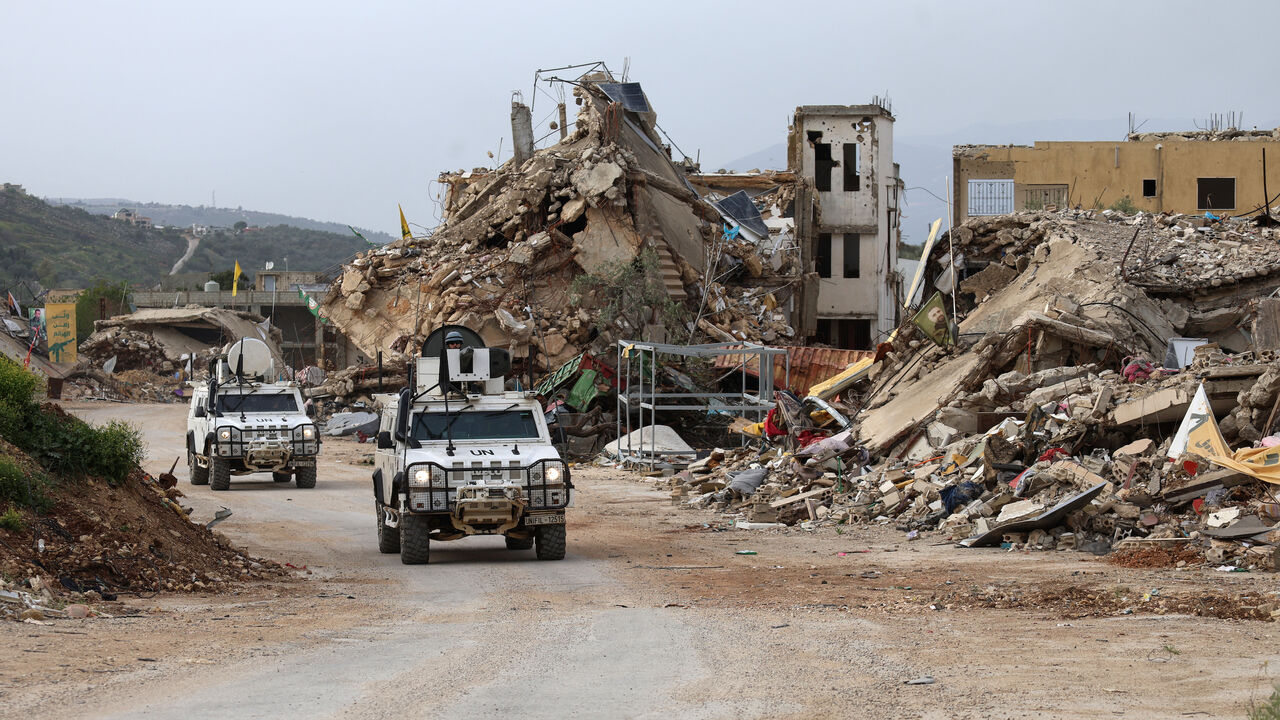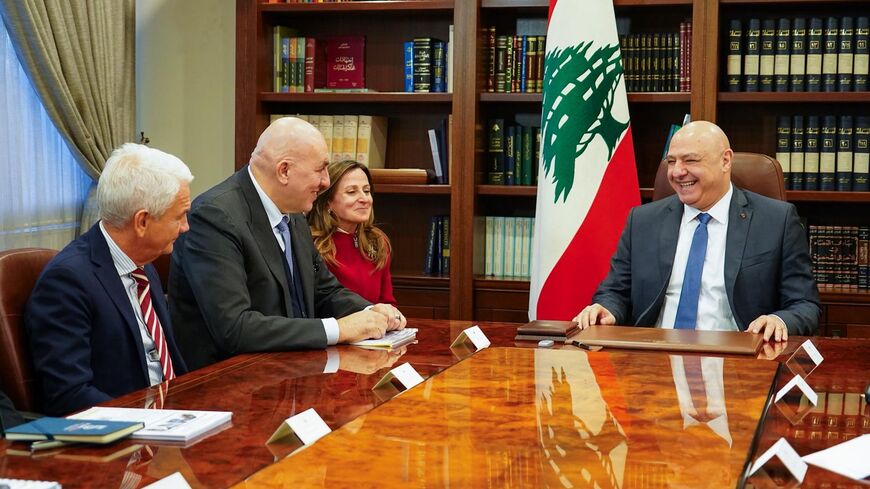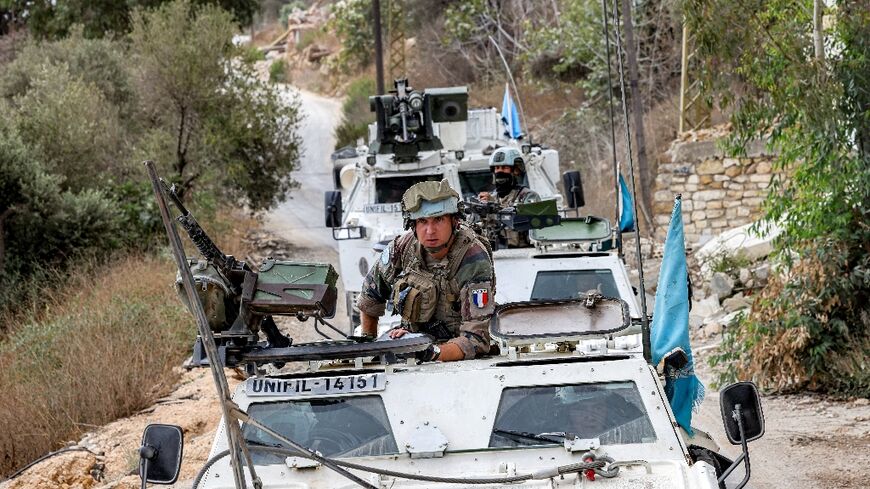UN Security Council renews Lebanon peacekeeping mission for one year
The compromise vote gives Lebanon's army buffer time to meet US demands to fill security vacuum in the country's south before a planned withdrawal of UN peacekeepers in 2027.

The UN Security Council renewed its peacekeeping mission in southern Lebanon for one additional year on Thursday in a 15-0 vote on a resolution that would see the operation conclude in 2027.
The French draft was approved as a compromise as the US and Israel seek to curtail UNIFIL’s role while encouraging the Lebanese Armed Forces to fill its place.
The measure will sustain the peacekeeping force’s mandate until the end of 2026, after which an “orderly and safe drawdown” of the 10,000-strong peacekeeping force will begin, to be completed within one year. The adopted draft noted the council’s “intention to work on a withdrawal of UNIFIL with the aim of making the Lebanese Government the sole provider of security in southern Lebanon.”
The US has been pushing for Lebanon’s military to more quickly assume control in the country’s predominantly Shiite south as a precondition for a full Israeli military withdrawal.
“This is the last time we will support an extension of the mission of UNIFIL,” Dorothy Shea, the US ambassador to the UN, said following the vote.
“We must use this time to set Lebanon for success,” Shea said.
The adopted resolution also calls on Israel’s military to withdraw from all positions north of the Blue Line, specifically the five hilltops within Lebanese territory.
It also expresses “grave concerns” about “continuous violations” of the Israel-Hezbollah ceasefire, “including air and drone strikes on Lebanese territory,” calling on all parties to stand down.
Israel launched a retaliatory campaign against Hezbollah for rockets and drones fired across the border in support of the Hamas attacks on southern Israel on Oct. 7, 2023. The Israeli military launched an incursion across the Lebanese border in October 2024 and has remained at five positions in southern Lebanon near the border. It has not withdrawn despite a November 2024 US-brokered ceasefire requiring it to do so within 60 days, citing Hezbollah's ongoing efforts to rearm and reestablish its weapons supply chain.
Israeli Prime Minister Benjamin Netanyahu said on Monday that Israeli forces would begin a phased withdrawal if Lebanon’s security forces fulfill plans to disarm Hezbollah, which was critically weakened by Israel's strike campaign last year.
Before making the statement, Netanyahu met with Washington’s ambassador to Turkey, Tom Barrack. Axios reported Barrack pressed the Israeli leader to curtail Israeli airstrikes into Lebanon and begin withdrawing.
The Lebanese Armed Forces was supposed to assume UNIFIL's role as the peacekeeping force in the south under a 2006 Security Council resolution that was never fully implemented.


